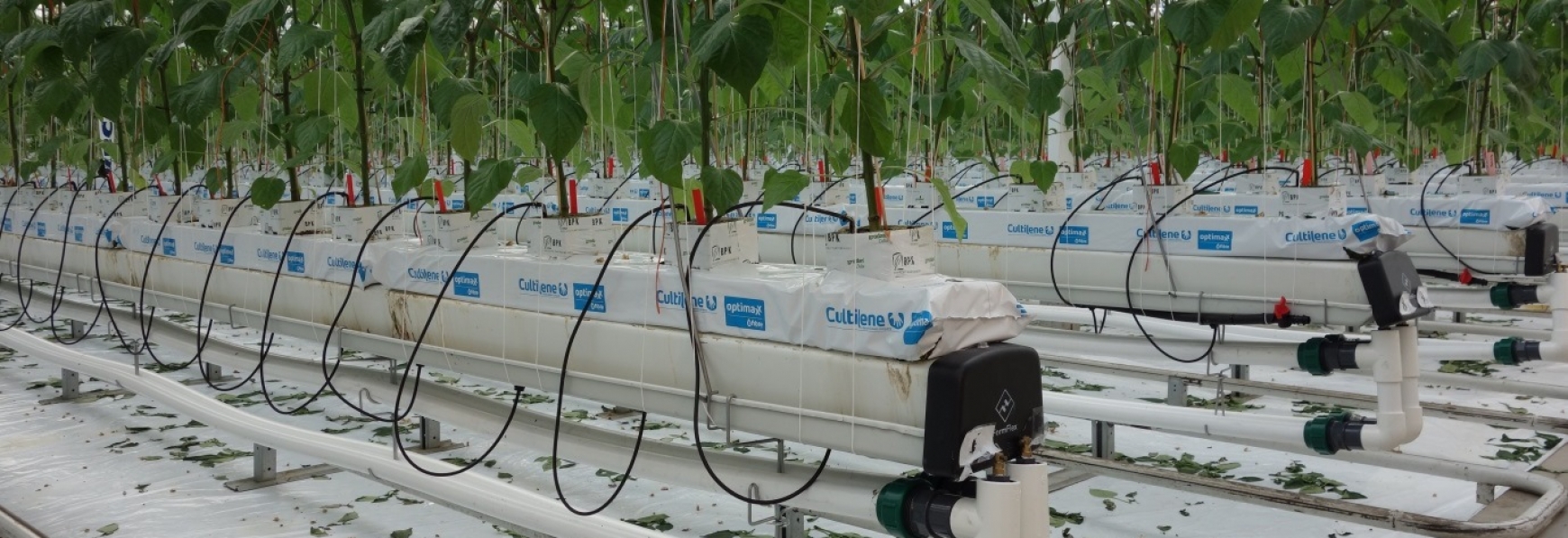During a recent GrowSave study tour to Belgium and the Netherlands, I learnt how irrigation practices differ between UK growers and our European neighbours.
Changes to legislation in the Netherlands have meant growers have had to alter their approach to irrigation and water recycling. For environmental reasons, the discharge of drain water into mains drainage is no longer permitted. Instead, it has to be recycled and reused. This might initially seem like an inconvenience but, in reality, it has actually benefitted the growers. Through the use of effective, but relatively low-tech filtration systems, water and fertiliser consumption can be cut dramatically. Reduced consumption logically means reduced operating costs. Anecdotal evidence from Dutch growers suggests a biological filtration system can pay for itself in just a few years.
Change is rarely easy, especially when it concerns methods and ideas that have been practised for years, if not generations. Some growers feel that reusing water lowers crop yield and affects young plants in particular. However, this could just be a matter of optimising irrigation strategy and timing.
Best practice guidelines advocate the recycling of water and nutrients in greenhouses. Although UK legislation does not require it, some argue that there is a social responsibility for growers to recycle their drain water. If done well, environmental impact can be reduced and crop yield increased.
Read my previous blog from the GrowSave study tour.


